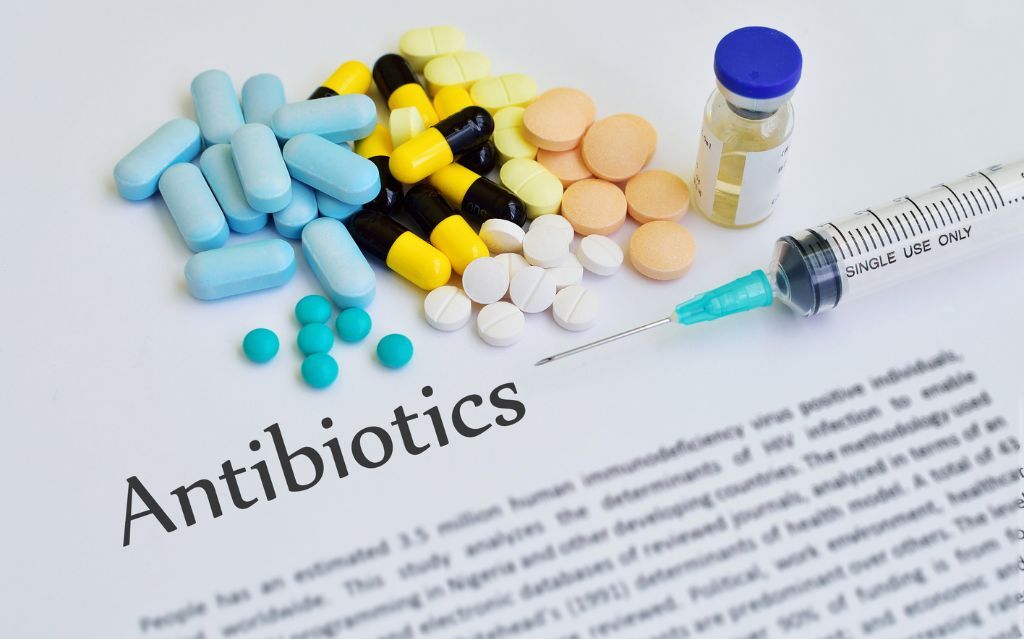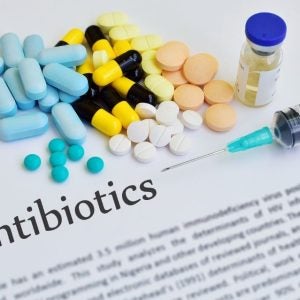Antibiotics: History, Benefits, Opportunities and Safety

Antibiotics represent one of the greatest revolutions in modern medicine. Discovered in the 20th century, they have profoundly changed the treatment of bacterial infections, saving millions of lives. However, their use must be carefully monitored to avoid the emergence of bacterial resistance. This article will review the history, benefits, future opportunities and challenges associated with the responsible use of antibiotics.
History and benefits of antibiotics
The history of antibiotics began in 1928, when Alexander Fleming discovered penicillin, a substance that could kill bacteria without damaging human cells. This discovery transformed medicine, making infections that were once fatal curable. In the following decades, numerous other antibiotics were developed, expanding their use in a wide range of diseases.
Antibiotics made it possible to dramatically reduce mortality associated with diseases such as pneumonia, tuberculosis and post-operative infections. In addition, their use has made possible treatments in complex hospital settings and improved intensive care. Today, research focuses on the development of new drugs to counter bacterial resistance and the use of personalised therapies that reduce unnecessary antibiotic use, improving the effectiveness of treatments.
Safety and responsible use of antibiotics
Responsible use of antibiotics is critical to preserving their effectiveness and ensuring patient safety. Misuse can lead to antimicrobial resistance, a phenomenon in which bacteria develop mechanisms to resist the drugs that once eliminated them. The World Health Organization (WHO) has classified antibiotic resistance as a major threat to global public health.
To avoid this risk, responsible use practices must be adopted. Patients should follow medical prescriptions strictly, without stopping treatment prematurely or using antibiotics for viral infections such as colds and flu. It is equally important to regulate the use of antibiotics in agriculture and animal husbandry, where indiscriminate use can promote the development of resistant bacteria that can be transmitted to humans through food consumption.
Another crucial aspect is continued scientific research to develop new antibiotics and alternative therapies. With increasing resistance, it is essential that pharmaceutical research provide new solutions to ensure that physicians have drugs that are effective against resistant strains. Addressing antimicrobial resistance requires a global effort, with collaboration between governments, health organisations and citizens. Only with a coordinated approach will it be possible to reduce the spread of resistant bacteria and ensure that antibiotics continue to be a vital resource for global health.





